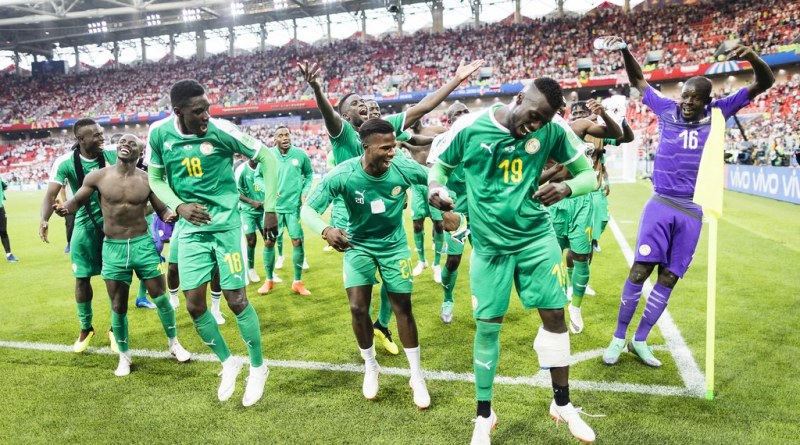
The threat of the resurgent coronavirus will hang heavily over the African Cup of Nations soccer tournament when it opens on Sunday in Cameroon. Still, organizers are pressing ahead with the monthlong championship, which features 24 teams, from defending champion Algeria in the far north of the continent to the tiny island nation of Comoros out in the Indian Ocean. It’s the first African Cup in the pandemic era. Some things to know about Africa’s biggest soccer tournament: VIRUS This African Cup was scheduled to be played in 2021 and a yearlong delay because of the pandemic hasn’t really achieved that much. The tournament will go ahead with virus cases surging again around the world, driven this time by the omicron variant. Because of that, only fans who are fully vaccinated and can show proof of a negative virus test will be allowed into any of the six stadiums in five host cities to watch games. In a country like Cameroon, where less than 3% of the population of 26 million are fully vaccinated, only a small minority of people are therefore eligible to witness the tournament first-hand. On top of that, crowds will be limited to 60% of a stadium’s capacity, or 80% for games involving host nation Cameroon. There’s a possibility that many games will be at near-empty stadiums, although that isn’t new for the African Cup. The buildup has seen virus outbreaks in many of the teams heading to Cameroon. The Confederation of African Football and local authorities have a large challenge on their hands to ensure the virus doesn’t overwhelm the event. VIDEO REVIEW The Video Assistant Referee system made its debut at the last African Cup in Egypt in 2019, but only starting from the quarterfinals. This will be the first time the tournament has VAR and the ability to review decisions for every game, part of an effort by African soccer president Patrice Motsepe to make the technology more widespread on the continent. Africa had a shaky start with VAR when the 2019 African Champions League final was abandoned after one team walked off the field in protest over an issue with VAR. It also was involved in a few contentious calls at the last African Cup. THREAT OF VIOLENCE Organizers of the tournament have said little about the threat of violence from an ongoing insurrection in the western part of Cameroon, where English-speaking separatists have been fighting government soldiers for five years. More than 3,000 people have been killed and hundreds of thousands displaced. There’s been fighting and the setting off of improvised explosive devices dangerously close to the city of Limbe, which will host group games involving Tunisia, Mali, Mauritania and Gambia and one round of 16 game. That region will have a dusk-to-dawn curfew during the tournament, local officials said. ALGERIA’S RUN Algeria is the defending champion and has gone 40 games unbeaten since 2018, although some of those were friendlies. Still, it’s a remarkable record and puts the North Africans, captained by Manchester City forward Riyad Mahrez, at the top of the list when it comes to favorites for the title. THE WEATHER The tournament in Cameroon was supposed to have been moved to the middle of the year to appease European clubs, who have complained for years about losing their African players in the middle of their league seasons. CAF agreed to shift the event to June and July in the European off-season but was then faced with putting on a soccer tournament in the middle of Cameroon’s tropical rainy season. So, it moved back to its traditional January-February slot and the clubs have expressed their frustration, yet again, at paying players their big wages only to see them disappear to Africa for up to a month.
